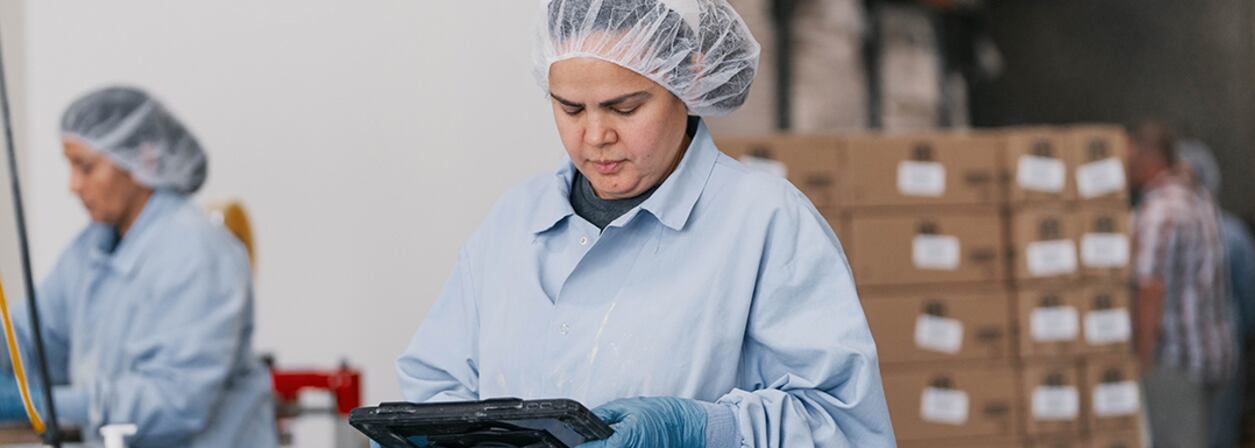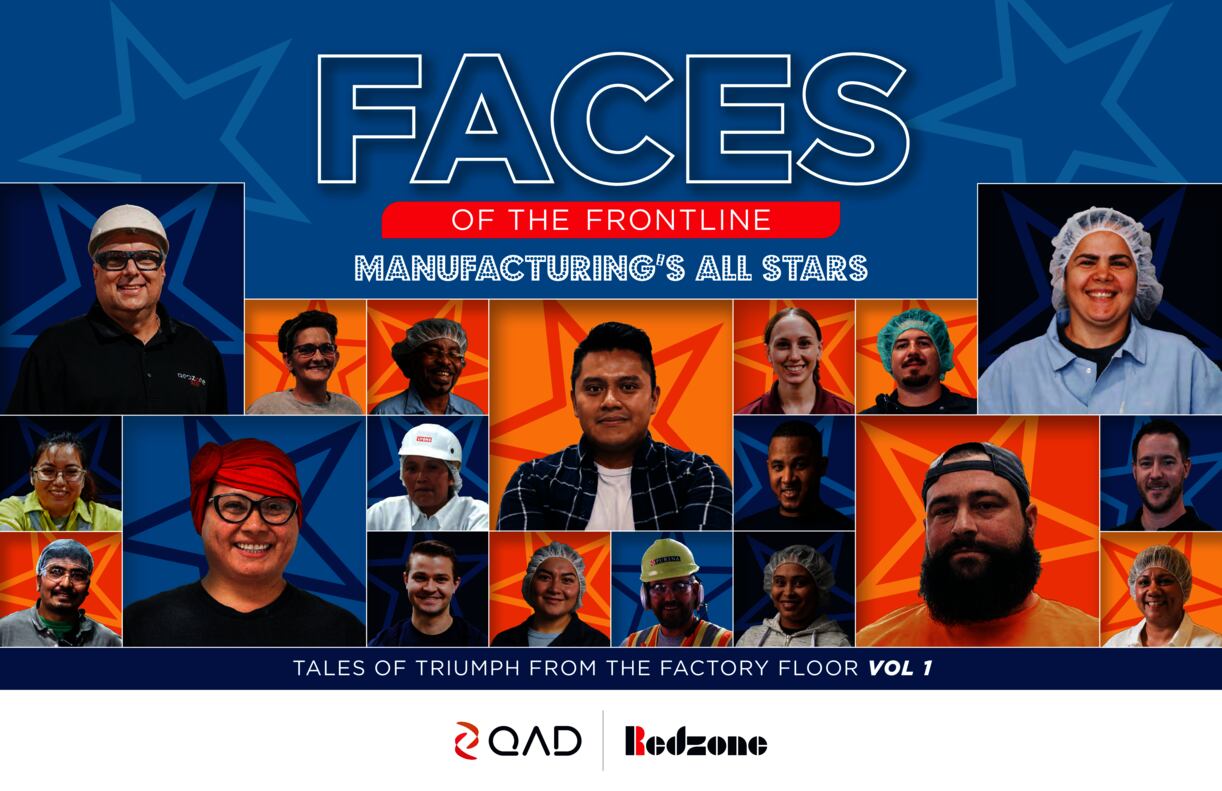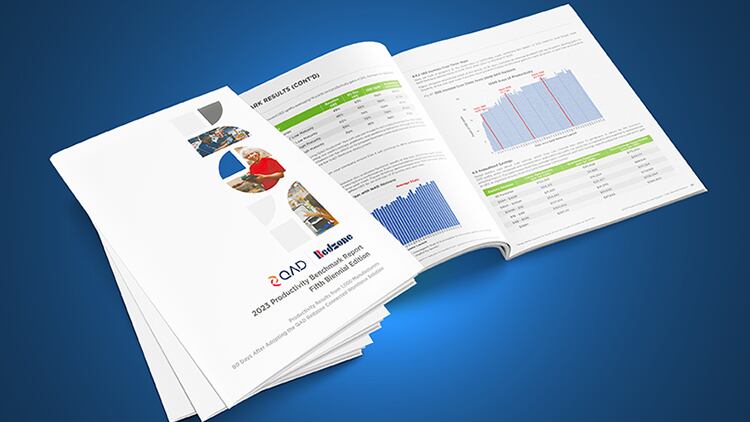The manufacturing work environment has changed so much in recent decades.
Technological advancements and automated processes have revolutionized the industry, making day-to-day efforts enjoyable and fulfilling. Rather than being a cog in a complex machine, the modern factory worker has the opportunity to collaborate and solve problems, and is often the catalyst for productivity increases, lowered costs, or improved safety.
COVID-19 significantly affected the manufacturing industry. During this time, manufacturing output fell at a 43% annual rate and working hours reduced by 38% in the second quarter of 2020 – the largest declines the industry has seen since World War II. All businesses in the sector were affected, with many even closing their doors.1
Throughout the pandemic, it was the frontline workers that made the biggest difference. As factories shifted their focus to produce protective equipment (and other pandemic-related essentials), many factory workers continued to work to ensure people were properly equipped to safeguard against illness even though their own conditions were considered by many to be unsafe. The dedication and resilience of frontline workers was further highlighted by the industry’s post-pandemic rebound which has seen manufacturing output steadily grow since – in 2022 output rates were 3% higher than those in 2019.1
Although the manufacturing industry is often associated with machinery and processes, it is the people who empower the industry. QAD Redzone hears stories every day about frontline workers making a difference and believes it’s a privilege to shine a spotlight on the invaluable contributions of these individuals and explore how their roles have become more critical than ever in the fabric of modern manufacturing.
The series, “Faces of the Frontline: Manufacturing’s All Stars”, highlights the achievements of dedicated frontline workers who QAD Redzone had the unique opportunity to interview over the past year.
These are manufacturing all-stars who operate the machines, troubleshoot challenges, and ensure the seamless functioning of the production line. They embody the spirit of craftsmanship and commitment that defines the manufacturing industry today.
Let’s take a sneak peek at two food manufacturing frontline workers who are having a significant impact on the plant floor.
Featured faces of the frontline
Digna Cedillo is a production lead, decorator, and 24-year veteran at Empire Bakery. She’s also a shining example of the power of optimism. She’s chalked up several achievements in her tenure, including:
- Inspiring an entire production line of workers to switch to cookie decorating – even though they initially didn’t want to do it.
- Using the “5 Whys” method of problem-solving to get to the core of problems, like a machine that was producing hard icing instead of soft icing.
- Continuing to inspire and encourage her team offsite despite a health issue that kept her out of work for three months.
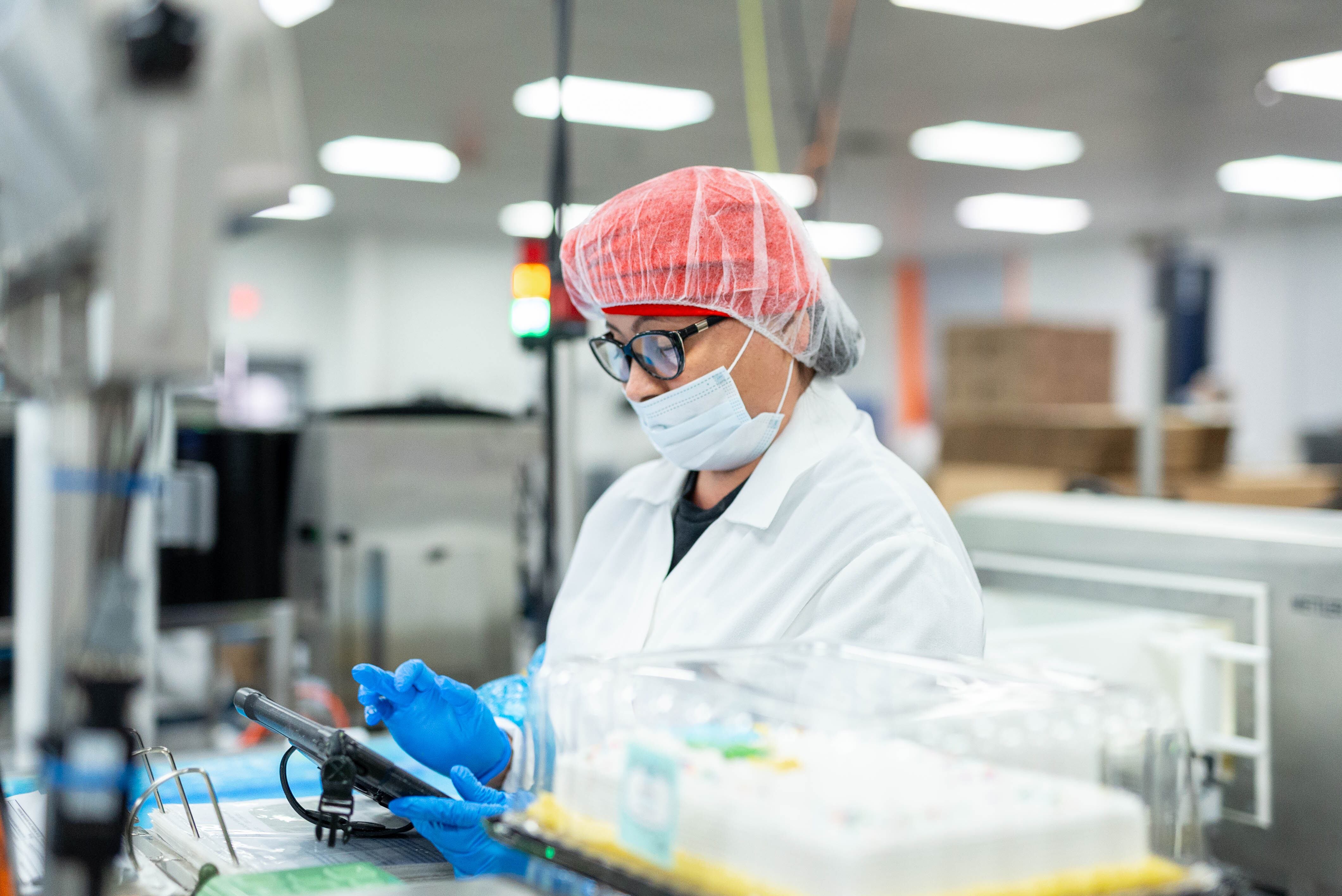
“We think we’re going to be alive for eternity. And then when we’re faced with death, we have to think about what we did. My life, what could I have done better?” Digna says poignantly. “My point is that every day that God gives me, I will be the best person I can.”
Eucary Pineda, line supervisor at BetterBody Foods, moved to the United States in 2018 from her native Venezuela. She overcame a language barrier to get a job at BetterBody Foods and quickly began to shine. In four years, she moved from production to sanitation to supervisor on the day shift, and ultimately supervisor of a new production line. Eucary stands out for:
- Her in-depth study of BetterBody Foods’ machines, processes, and products that enables her to find new tools and better techniques to accomplish her goals.
- Her collaboration skills that brought together several teams for a plant-wide solution that has now been adopted across all production lines.
- Her efforts to master English so she could make presentations in her audience’s native language, instead of using a translator.
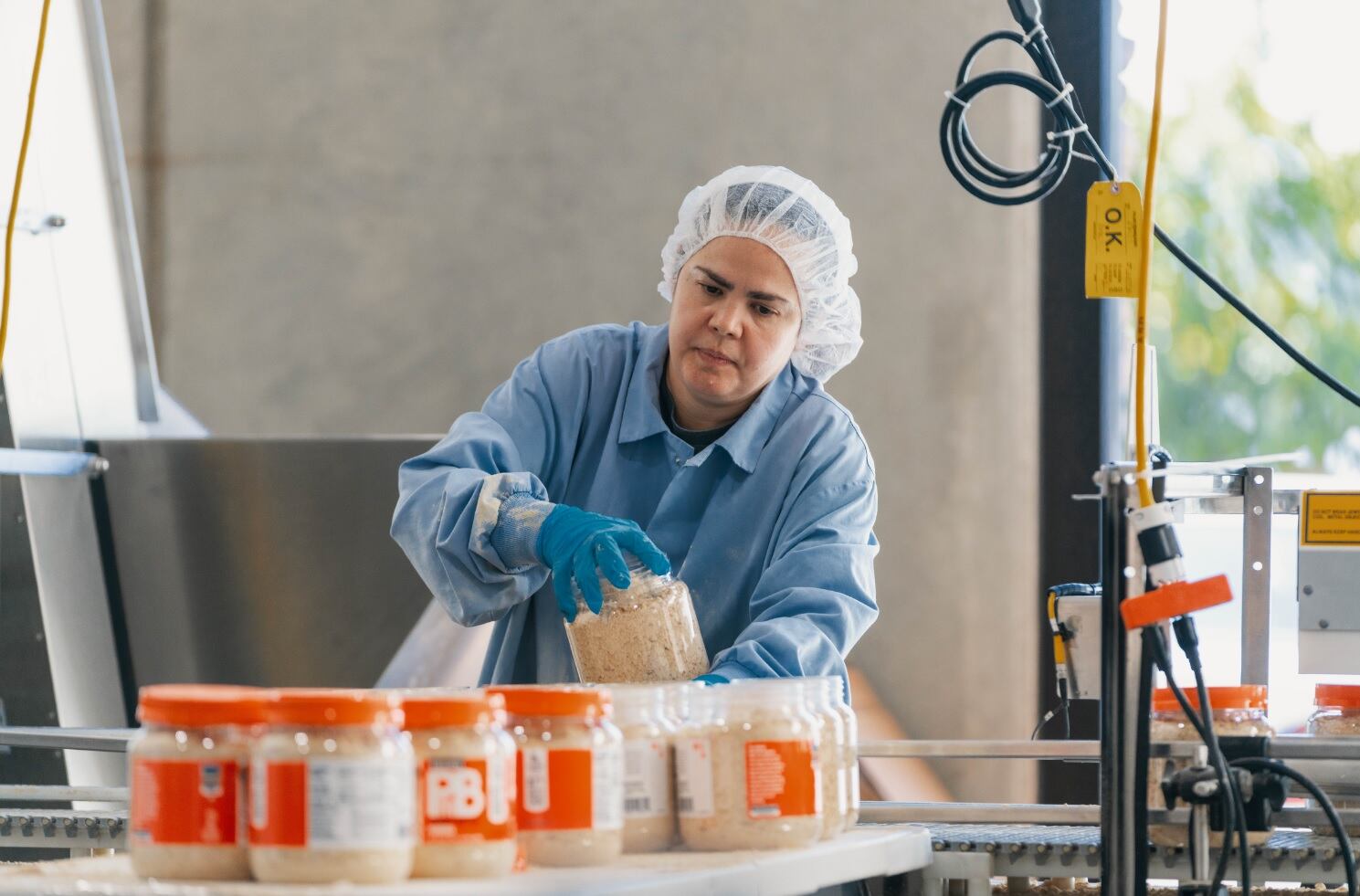
“Eucary has impressed me since very early on as somebody that we can count on and somebody that embodies the idea of continuous improvement and personal growth,” says Eric McCuistion, VP of Manufacturing.
The “Faces of the Frontline” series not only celebrates the triumphs and tenacity of remarkable individuals like Digna and Eucary, but it also highlights the evolving and dynamic nature of the manufacturing industry, especially as it embraces tools like QAD Redzone to improve collaboration, training, and recognition.
As part of the “Faces of the Frontline” series, QAD Redzone has published a new eBook, “Tales of Triumph from the Factory Floor, Vol. 1”, sharing the stories of Digna, Eucary, and several more frontline workers. Download a copy today to get the inside scoop on how a single individual line worker can make a major impact.
References
1. U.S. Bureau of Labor Statistics. U.S. manufacturing output, hours worked, and productivity recover from COVID-19.

